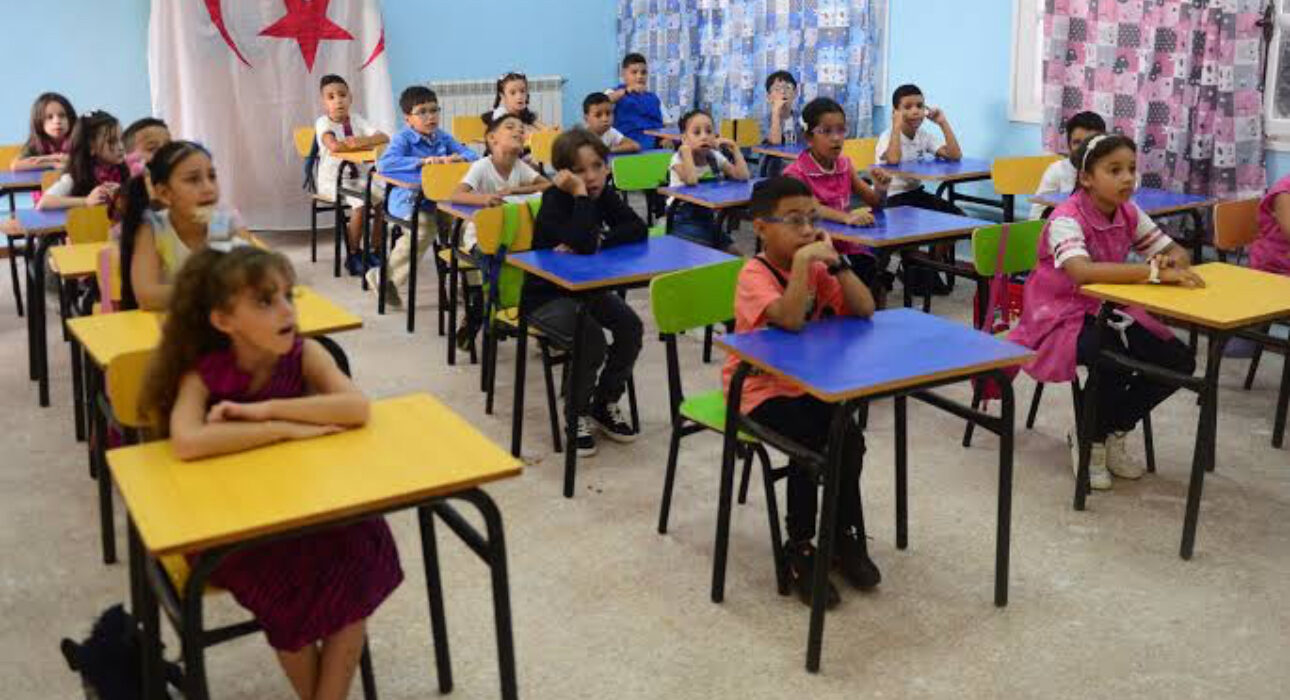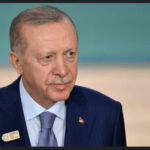Algeria Drops French for English in Universities, Marking Major Educational Shift

Algeria has officially begun to phase out French as the language of instruction in its universities. English will take the place of French as the new language of instruction for first-year university students, particularly those in science and medical courses, from September 2025.
The decision, taken by Algeria’s Ministry of Higher Education and Scientific Research, represents a deliberate break with the country’s traditional linguistic ties to France, a legacy of its colonial experience. French was used as the language of higher education and government for generations. Now, the North African state is turning towards English to improve its competitiveness in the global academic and scientific spheres.
“English is the language of science, technology, and international communication,” Higher Education Minister Kamel Baddari said in a press conference. “The reform will prepare our students to face international research and the labor market.”
Rollout will start with first-year students in medicine, technology, and natural sciences before being extended to other departments and universities around the country in subsequent years.
The government has spent on ensuring the transition is smooth, like in employing English-speaking teachers, development of curricula, and investing in English language training for current lecturers.
This follows a broader language policy shift that started in 2022, when Algeria started teaching English in primary schools.
That action was viewed broadly as the first step in a long-term effort to increase English proficiency among young Algerians.
With over 30 million citizens, Algeria remains one of the largest Francophone nations in Africa. But the most recent move by the government indicates very strongly that it is bent on shaking off its French language heritage and equipping students with the skills to thrive in a more Anglophone world.
While some students and teachers have viewed the shift as progressive and forward-looking, others have expressed concern over the rapid pace of the change and the possible difficulties it will create for teachers who are not trained in English teaching.
Other linguistic and cultural specialists have also pointed out that although English is transnationally dominant, the change threatens to marginalize the extensive Francophone scholarly material and networks that have traditionally facilitated Algeria’s schooling system.
However, the general mood of young Algerians appears optimistic. “Learning English opens so many more doors for us — for research, travel, and work,” said one medical student in Algiers, Zineb. “It’s about the future.”
Algeria is a part of a growing list of nations on the African continent which are rethinking the inclusion of colonial languages in their educational institutions. Rwanda and Tanzania are also other nations that have moved, with French, away from English due to causes expressed as globalization and global access to opportunity.
As Algeria makes this transition to a new language, the world will be observing how effectively the reform is implemented — and whether it succeeds in its mission of preparing students for a more global and competitive world.








